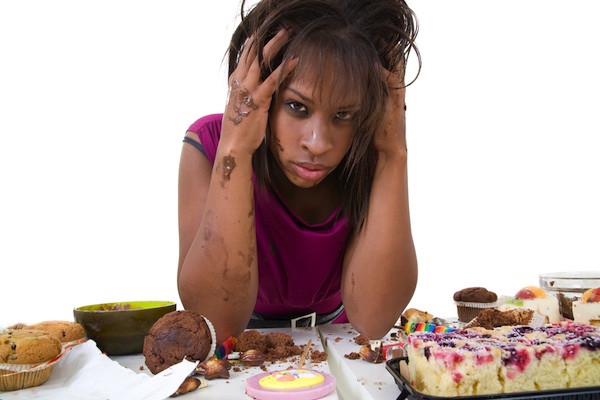Popular Reviews
- Shakeology Review
- Viritenz Review
- Isagenix Review
- Jenny Craig Review
- Protein World Review
- Paleo Diet Review
- Ideal Protein Review
- PhenQ Review
- Weight Watchers Review
- Pure Slim 1000 Review
- Alli Review
- Phen375 Review
- Leptigen Review
- It works Review
- The Thrive Diet Review
- Plexus Slim Review
- Almased Review
- Xyngular Review
- SlimQuick Review
- Relacore Review
- Lipozene Review
- ProbioSlim Review



 “Sweetened beverages, coffee and tea are commonly consumed worldwide and have important physical — and may have important mental — health consequences,” said study researcher Honglei Chen, M.D., Ph.D., an investigator in the Epidemiology Branch at the National Institute of Environmental Health Sciences.
“Sweetened beverages, coffee and tea are commonly consumed worldwide and have important physical — and may have important mental — health consequences,” said study researcher Honglei Chen, M.D., Ph.D., an investigator in the Epidemiology Branch at the National Institute of Environmental Health Sciences.






